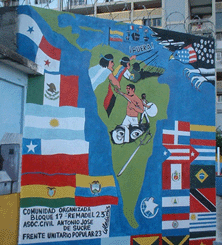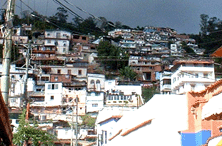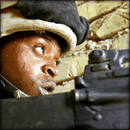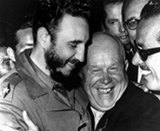
The Crisis in US and World Media and the Growing Movement for Media Democracy
Information on TF’s panel tomorrow: If you’re in Caracas, we hope to see you there. If not, please send this info. to friends at the forum.
La Crisis de los Medios de Comunicación en EEUU., el Mundo, y el Movimiento a Favor de la Democracia en los Medios.
The Crisis in US and World Media and the Growing Movement for Media Democracy.
Panel – Taller
Jueves/Thursday – 26, Enero/January – 2006
Parque del Este, Estacionamiento este;
PE-06; 3:30 PM – Caracas,Venezuela
Participants – Participantes:





